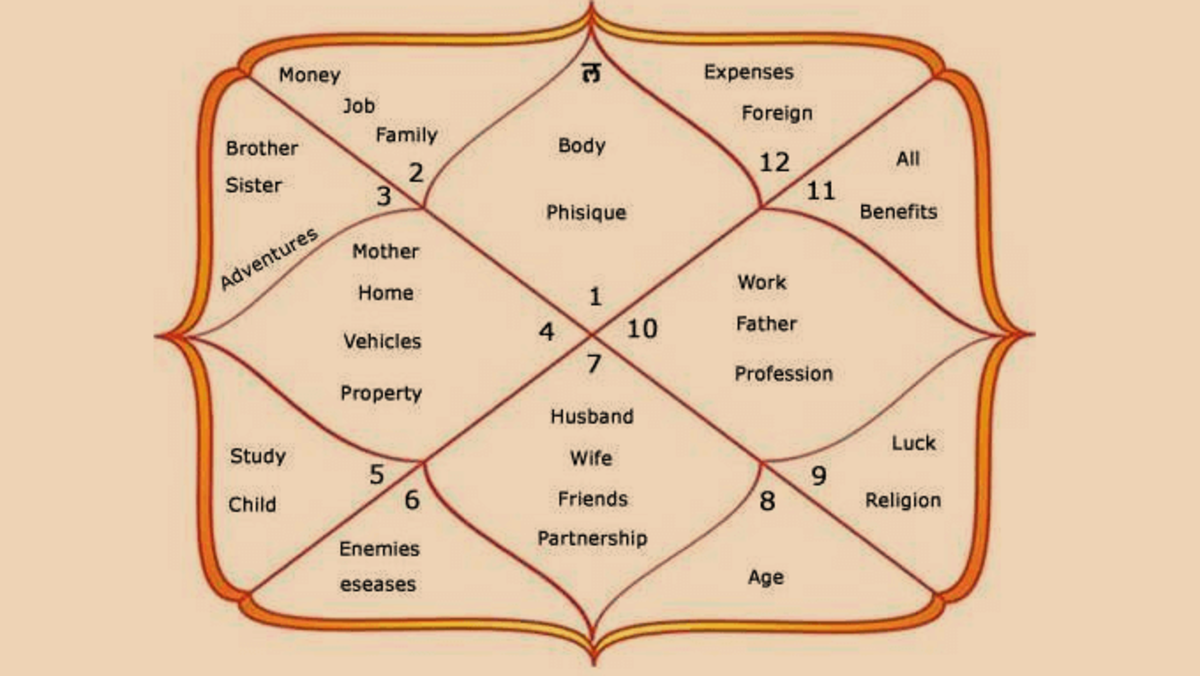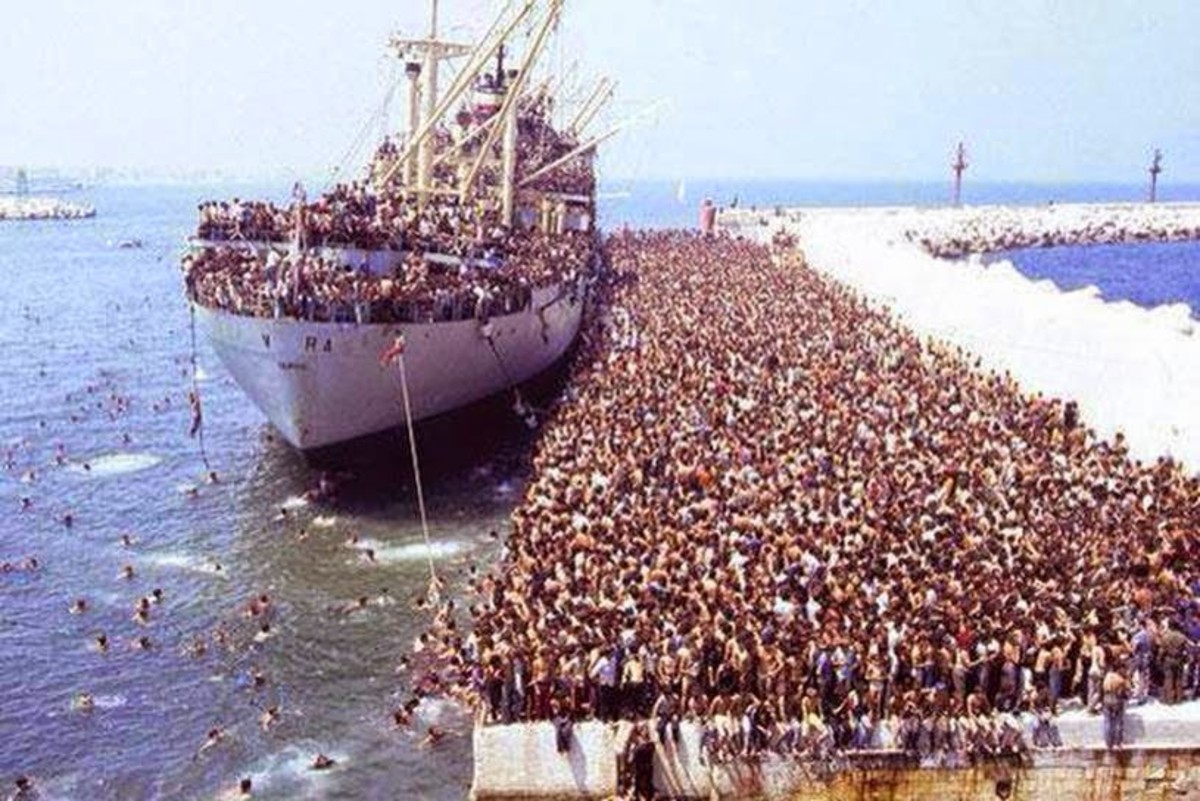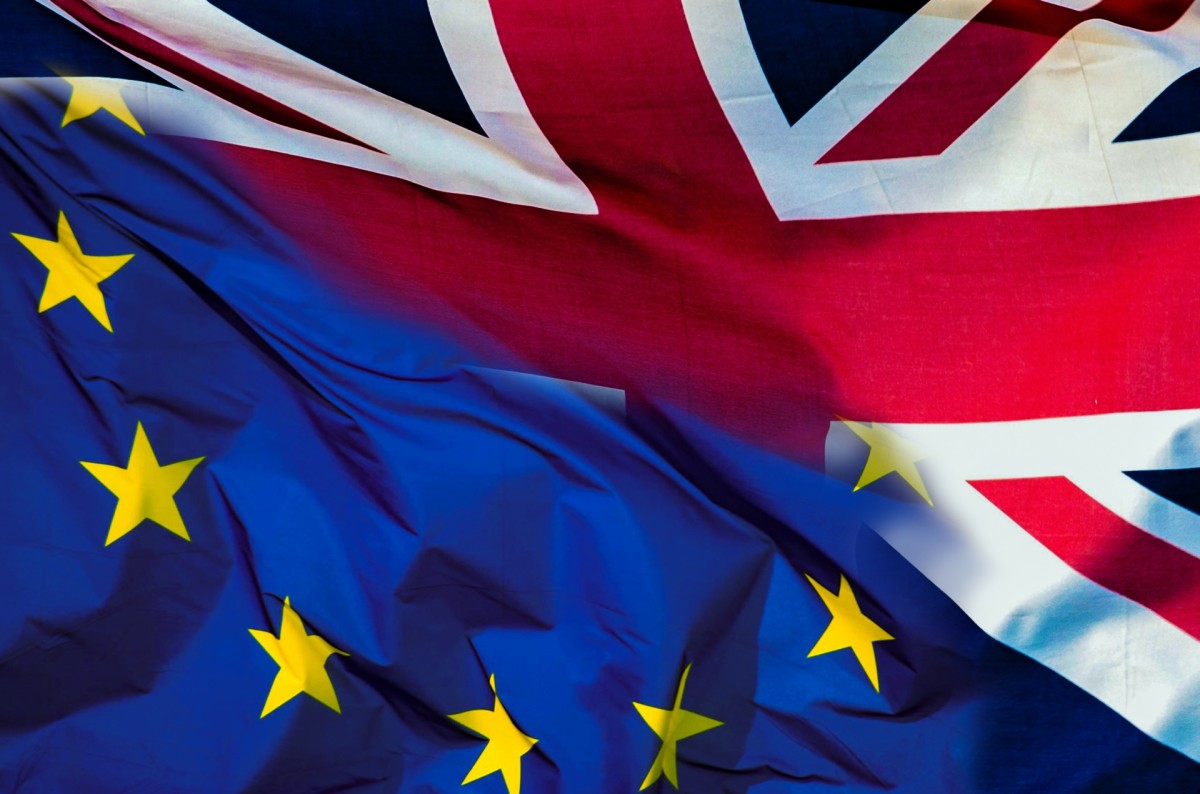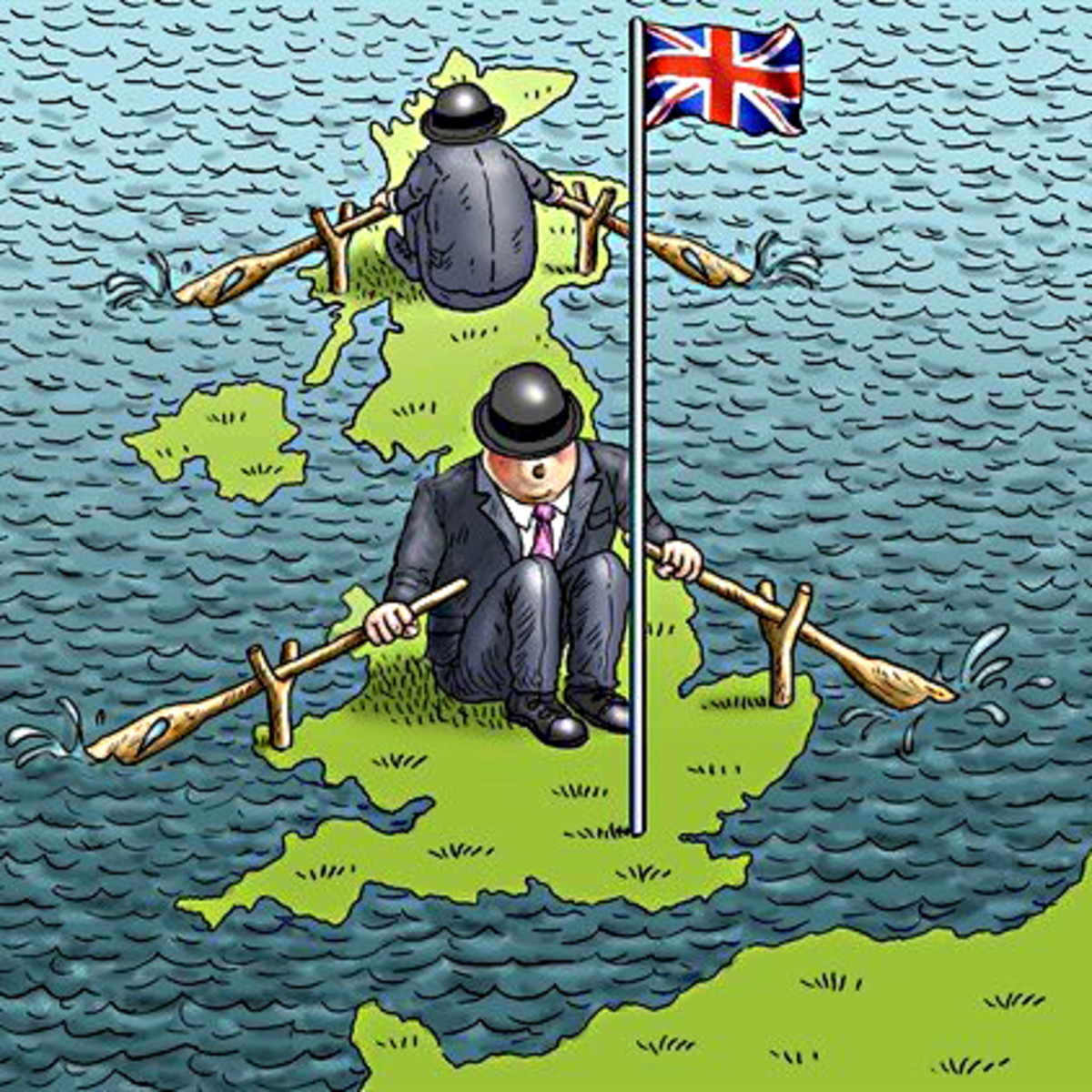EU Under Attack?
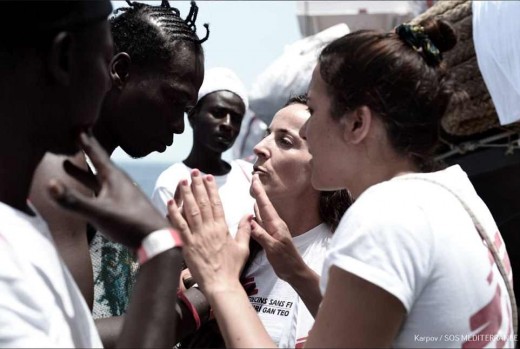
In the last week or so, we have seen Italy deny the requests of two migrant-carrying boats for a safe port to disembark those on board. These ships have been making there way across the Mediterranean after being called into urgent action after reports of capsized boats off the coast of Libya left hundreds of people helpless. Some have seen this move by the new hard-right Italian government as a defiant one, which those who wish to protect Europe should be proud of. Despite Spain’s decision to offer refuge for the charity-run Aquarius boat carrying 230 refugees, those who demand stronger borders in Europe and the US have seen this brief standoff as a galvanising moment.
Although defiant government action like this is fairly new, the tensions leading up to this moment have been at play for years. Currently, 60 to 70 million people are displaced globally as a result of persecution, conflict, generalized violence, or human rights violations. This roughly equates to the population of Italy. To deal with this far-reaching humanitarian problem, the EU has formulated a variety of solutions. Against the Merkel-led approach of welcome and accommodate, the rise of ‘We have to save ourselves’’ mindsets have retorted, materialising in growing parties like the German AfD and the Greek Golden Dawn to complement Italy’s League government. This protective stance has grown to take a very defensive view of Europe’s southern coast, with the governor of the wealthy Lombardy region in northern Italy now having claimed that ‘’We cannot be subjected to this invasion’’.
These views started as underground trends responding to the migrant crisis in 2015, and have evolved into governmental actions, but they only act as rebuffs to the symptom which is caused by having so many people displaced worldwide. This fundamental problem is not dissipating any time soon either. The home countries of many of these displaced people remain unsafe and fraught with the problems that initially forces their inhabitants to flee. Just to name three, Syria, Libya, and Afghanistan are some of the most visible examples were violence continues to ravage everyday people’s lives. The horror stories that have surfaced from those on board the controversial Aquarius ship have highlighted how gruesome these scenes being fled are. One young mother has told of escaping across the Sahara to protect her daughters from the horror of female genital mutilation. Conditions of capture, detainment, and extortion amounting to slavery are also shockingly common.
Upon hearing these stories, a common response has been the questioning of these boats’ destinations. ‘Why aren’t they headed to Tunisia?’ is a common enquiry, since it is a far closer port to Libya. This question is a good one, as upon answering it one can come to understand how much the surrounding countries are contributing.
Tunisia’s economy is about 0.02 the size of Italy’s, but they have not allowed this to hinder their humanitarian efforts. In 2011 alone, Tunisia took in 990,000 refugees, which is roughly 10% of the population. These people were provided with healthcare assistance, local vocational training opportunities, and primary education for the young. This would equate to Britain taking in around 6.5 million refugees in a year, to not even acknowledge the far higher GDP per capita. Although Tunisia’s ability to contribute at this level was not sustainable, the ‘closer port’ has and continues to play a commendable role.
This questioning of responsibility in Europe proves continually answerable when comparing it with countries further afield. Lebanon, Turkey, Jordan and Pakistan’s refugee numbers all dwarf those of Europe. An Amnesty International report in 2016 stated that over half of the world’s refugees are hosted by 10 countries, all in the Middle East, Africa and South Asia. The lottery of geography has certainly rendered the distribution on refugees uneven. It is not Southern Europe receiving unfair numbers however, it is the poorer countries surrounding conflict that are disproportionately bursting at the seams. Italy may have a legitimate grievance about other European countries lack of contribution, but this should be argued relative to Ethiopia, and not the world’s 8th largest economy.
Those in the West who see the situation as an ‘Us vs Them’ case do not take responsibility for how and why many of these conflicts have evolved. The West’s involvement is traceable for many. Afghanistan, which has been the world’s largest supplier of refugees for decades, sees a consistent flow of people outwards due to the violence of the Taliban. The Taliban of course came into existence as the current evolutionary stage of the mujahideen that was formed, funded and armed by the West in the 1980s. Libya’s shift from a place of hope for refugees into the slave-auctioning dangerous chaos it is today was preceded by a brash Western intervention that saw the end of decades of stability in the country. The little-talked about country of Eritrea sees almost 2% of the population manage to illegally escape each year, fleeing the indefinite conscription imposed by the dictatorship that has come about due to a raging border war that stems from a poorly managed transition away from a long history of colonisation by the British and Italian. Clearly, this is not to blame the average European for detonating bombs in Kabul or capturing people in Libya. But if one is to see the world as a web of interacting nations, as an emphasis on borders suggests, then it is important to acknowledge our nation’s roles in the creation of these turbulent times.

Contradictory to this, xenophobia continues to gain ground. The strong rejection of contribution and integration manifests in ways that are sometimes malicious. Pride is taken in not helping solve the problem. Figures in Britain like Katie Hopkins and Paul Joseph-Watson exclaim gratitude for Italy finally taking a stand and fighting off this ‘invasion’ of everyday people. Last year, tens of thousands of pounds were raised to fund ships with the intention of confronting and disrupting charity-run ships pulling people aboard. The new government in Hungary enjoys huge support and has just introduced the ‘Stop Soros’ bill which criminalises the act of assisting migrants. Across the pond, Europe has increasingly become an example for Trump supporters of what their country must not become, a hotbed of help and sympathy. The crusade to prevent the downfall of the West has developed stories that help to encourage people to fight for the fortress. These range from outright lies to subtle and complex rhetoric.
For the former, Trump’s recent exclamation that ‘Crime in Germany is way up’ blatantly contradicts the drop of Germany’s crime by 9.6% in the last year, with the Times claiming it is at its lowest since 1992. This story is digested easily because it fits into the greater story of infiltration and attack. Thanks to sources like Farage standing in front of fearmongering posters and Alex Jones’ rants, the question has arisen; If these countries are so helpless, why are they all young able-bodied men? This description plays in superbly with the invasion rhetoric but doesn’t hold upon closer inspection.
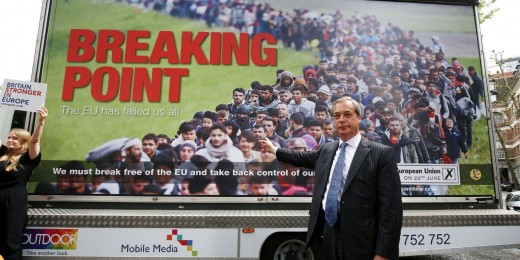
Although adult males do make up a small majority of the total of refugees (around 57%), there are good explanations for this distortion. The questioning of why these people tend to be so young and able bodied is answered by simple demographics. Although an average European may be imagined as a middle-aged person, average ages are far lower in poorer countries. Afghanistan and Eritrea’s average ages are both estimated to be below 20. If you are part of one of these young families, how would one decide on who can be afforded to send on this costly and dangerous scouting mission for a safer home? By the gender standards we also hold at home, it surely makes sense to send the young strong male. The reversed disproportion for drowned children and women found awash from the Mediterranean shows this concern for safety is rooted in reason. Forced conscription is also a common cause of people leaving their homeland, overwhelmingly a sanction pushed on young males.
These newcomers who have come to our shores for help aren’t here to hurt people and are often people who could not be provided for in the overflowing camps of countries closer to home. Violent dissection of our culture in the name of Islam is not there aim. This is shown by the upholding of Christian countries such as Kenya and Uganda, which have far higher refugee rates than almost all European countries, among others.
There is a crisis occurring. It just isn’t ours. The poor countries of the world already are shouldering most of the burden helping and protecting those in need. If this global crisis is to encourage us to identify with our countries, let us not forget the role our countries have played in causing these situations. Much of the world has already stepped up to the challenge, us in the wealthy West must now join them in meeting this standard.
.
Follow me on Twitter @MaliKakembo

